Spice up your cooking routine with homemade garam masala, a vibrant and aromatic blend that’s a staple in Indian cuisine. This traditional mix is not just a spice; it’s a game-changer for your kitchen. With its rich and warm flavors, garam masala adds a delightful depth to a variety of dishes. It’s incredibly easy to make and offers a freshness you can’t find in store-bought versions. Whether you’re a seasoned cook or just starting out, this homemade blend will transform your dishes and introduce your family to new, exciting flavors.
Why You’ll Love This Recipe
- Homemade means you control the freshness and quality of the spices.
- Easily adjust the spice levels to suit your family’s taste and spice tolerance.
- Stores well with a long shelf life, ensuring you always have it on hand.
- Can be more affordable than store-bought Garam Masala.
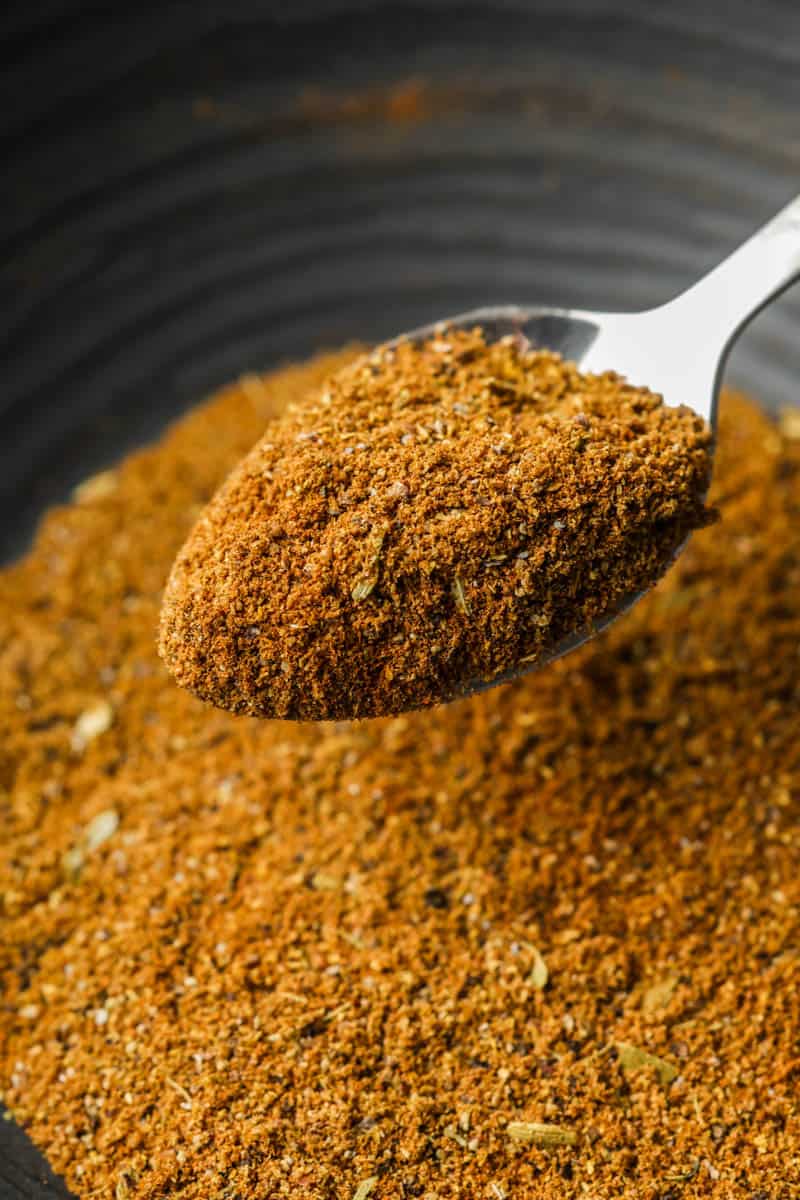
Garam Masala Recipe Ingredients & Substitutions
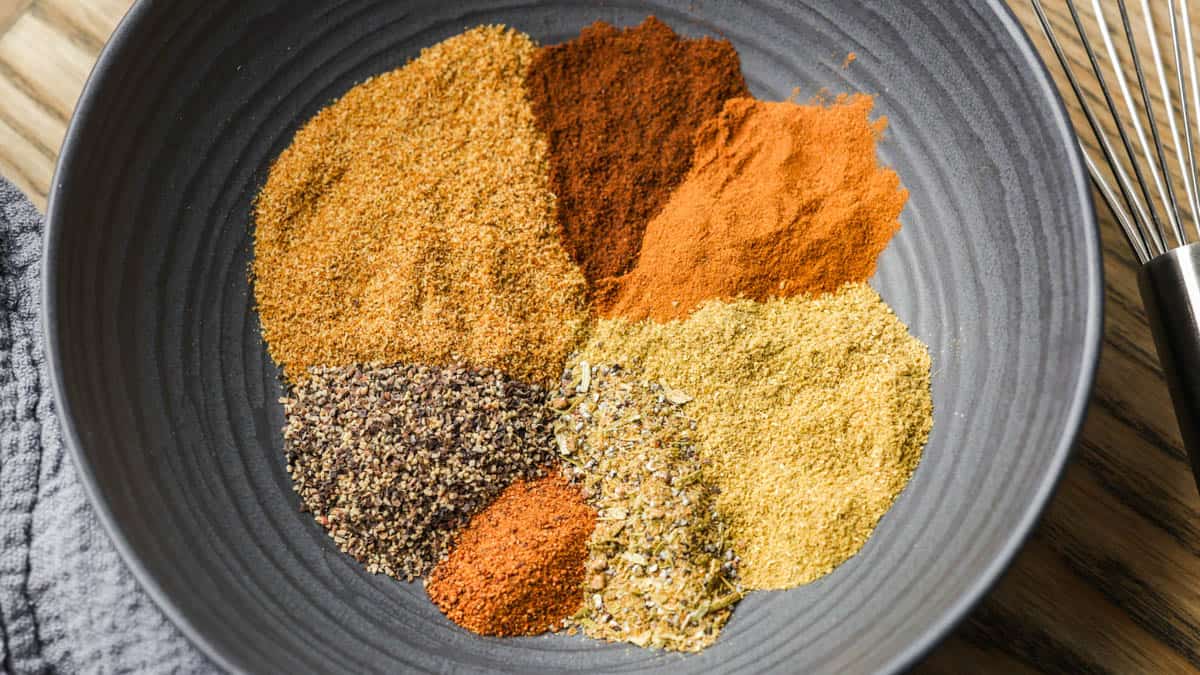
- Cumin: Adds earthiness.
- Coriander: Offers a citrusy note.
- Cardamom: Contributes a sweet, floral taste.
- Black Pepper: Adds heat and sharpness. White pepper can be a milder alternative.
- Cinnamon: Provides sweetness and warmth.
- Cloves: Impart a pungent, sweet flavor. Allspice can be used if cloves are unavailable.
- Nutmeg: Rounds out the blend with a nutty, slightly sweet taste.
Using substitutions may affect final taste.
Frequently Asked Questions
Certainly! Using store-bought, ground spices is the most convenient option, but grinding fresh, whole spices will give the freshest flavor.
Stored in an airtight container, it can last up to six months.
Absolutely! Feel free to customize the blend.
It’s more warm and aromatic than hot. Adjust black pepper for heat.
Yes, it’s perfect for making in larger batches.
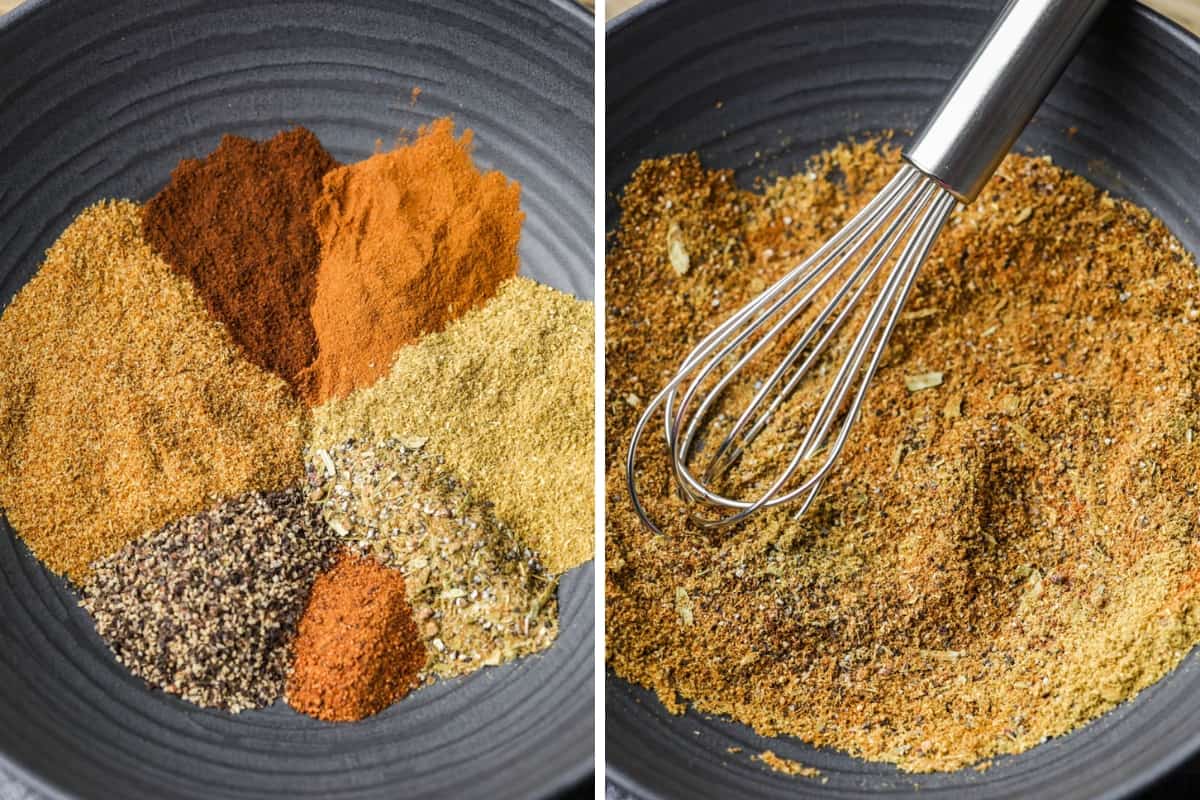
Cooking With Garam Masala
Versatile Uses in Everyday Cooking
Garam masala isn’t just for special occasions; it’s a fantastic everyday spice blend. Here are some quick ways to use it:
- Seasoning: Sprinkle over roasted vegetables, stir into soups, or mix into marinades.
- Finishing Touch: Add a pinch at the end of cooking to enhance curries, dals, and sauces.
- Aromatic Base: Start your dish by heating garam masala in oil to release its aroma before adding other ingredients.
Classic Garam Masala Recipes
- Chicken Tikka Masala: This beloved dish features grilled chunks of marinated chicken enveloped in a creamy, spiced tomato sauce. Garam masala plays a key role in both the marinade and the sauce, providing warmth and depth to the dish.
- Butter Chicken: Often confused with chicken tikka masala, butter chicken has a milder, buttery sauce with a hint of sweetness. Garam masala is used to season the chicken and is also added to the sauce, giving the dish its distinctive, comforting flavor.
- Vegetable Biryani: This aromatic rice dish is loaded with vegetables and infused with garam masala. The spice blend is used to season the vegetables and rice, creating a harmonious blend of flavors.
- Chana Masala: A popular vegetarian dish made with chickpeas, tomatoes, onions, and a variety of spices including garam masala. It’s a perfect example of how this spice blend can be used to elevate simple ingredients.
Troubleshooting
- Lacks flavor? Check the freshness of your spices.
- Too spicy? Reduce black pepper or cloves next time.
- Not aromatic? Toast the spices lightly before grinding.
Tips From the Chef
- Use and grind fresh whole spices for the best flavor.
- Label your homemade spice blend with the date for freshness tracking.
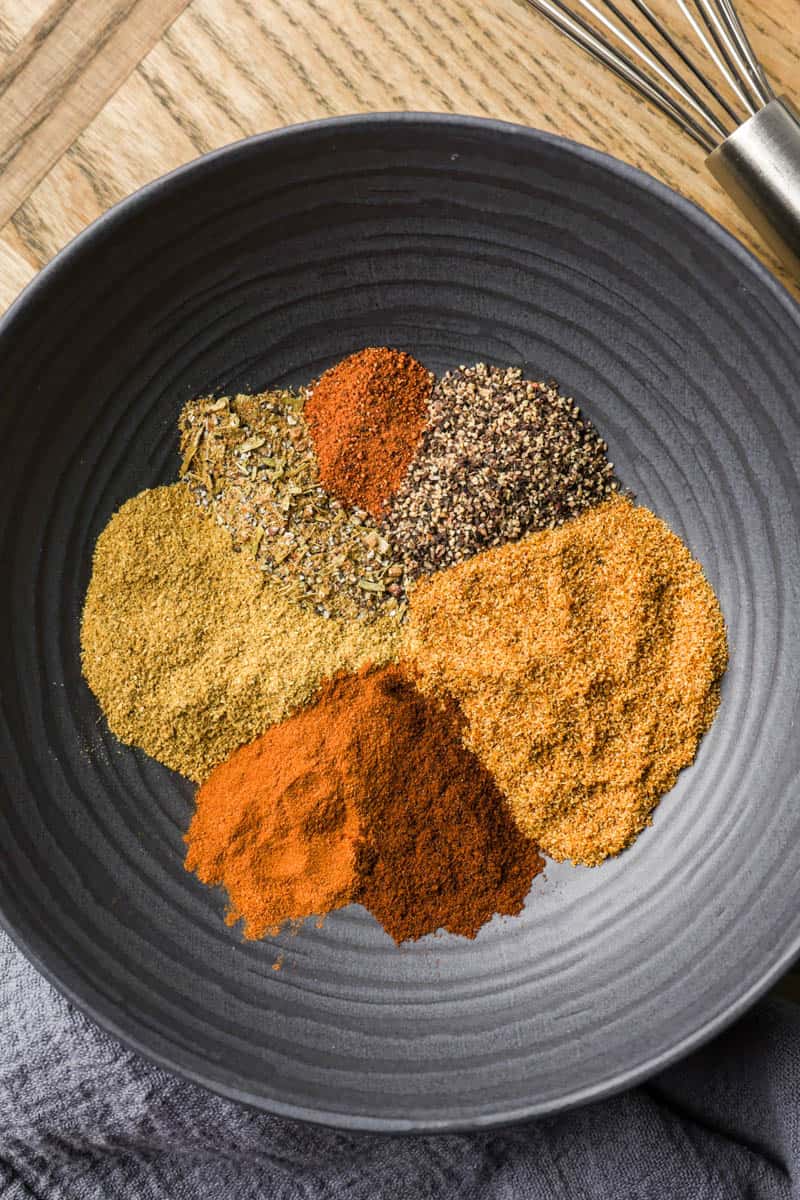
Storage Instructions
- Store in an airtight container in a cool, dry place.
- Keeps well for up to 6 months.
- No need for refrigeration or freezing.

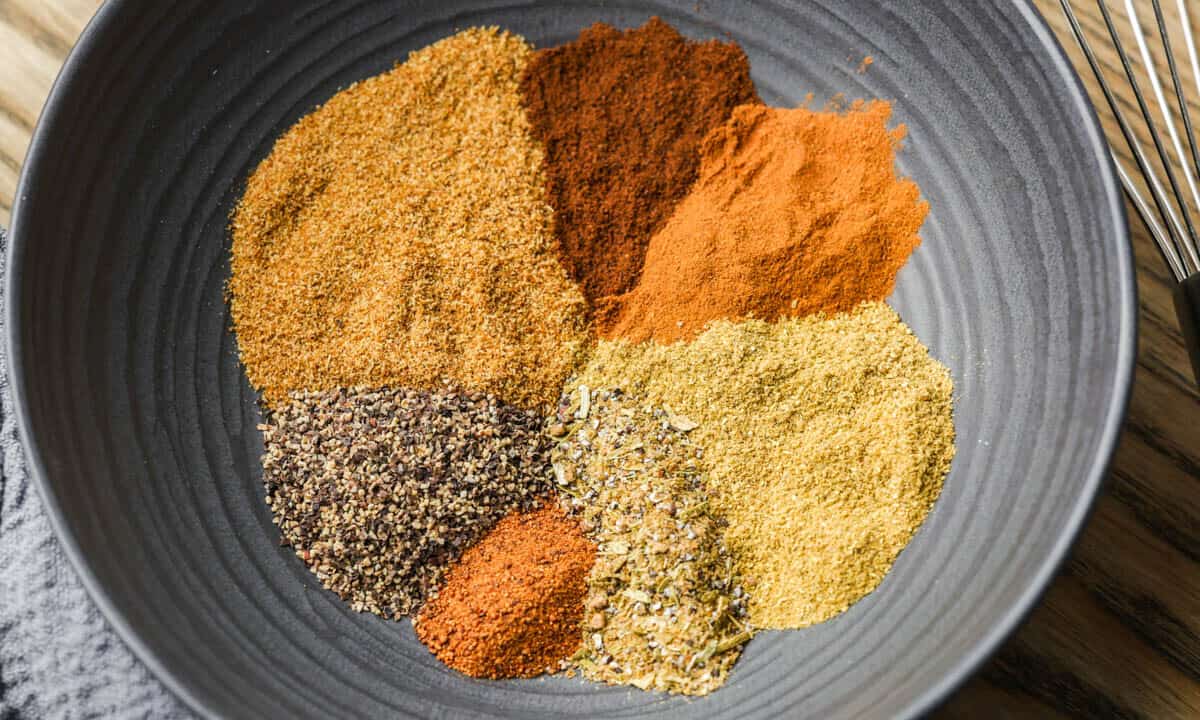
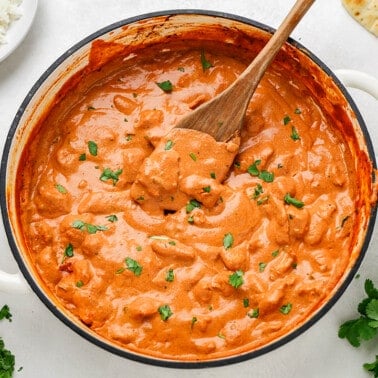
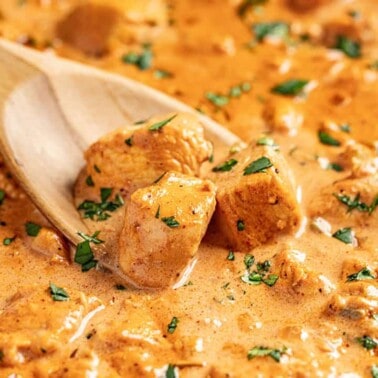
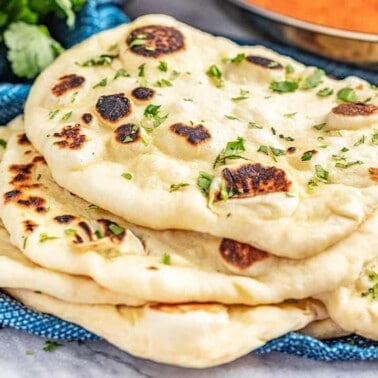
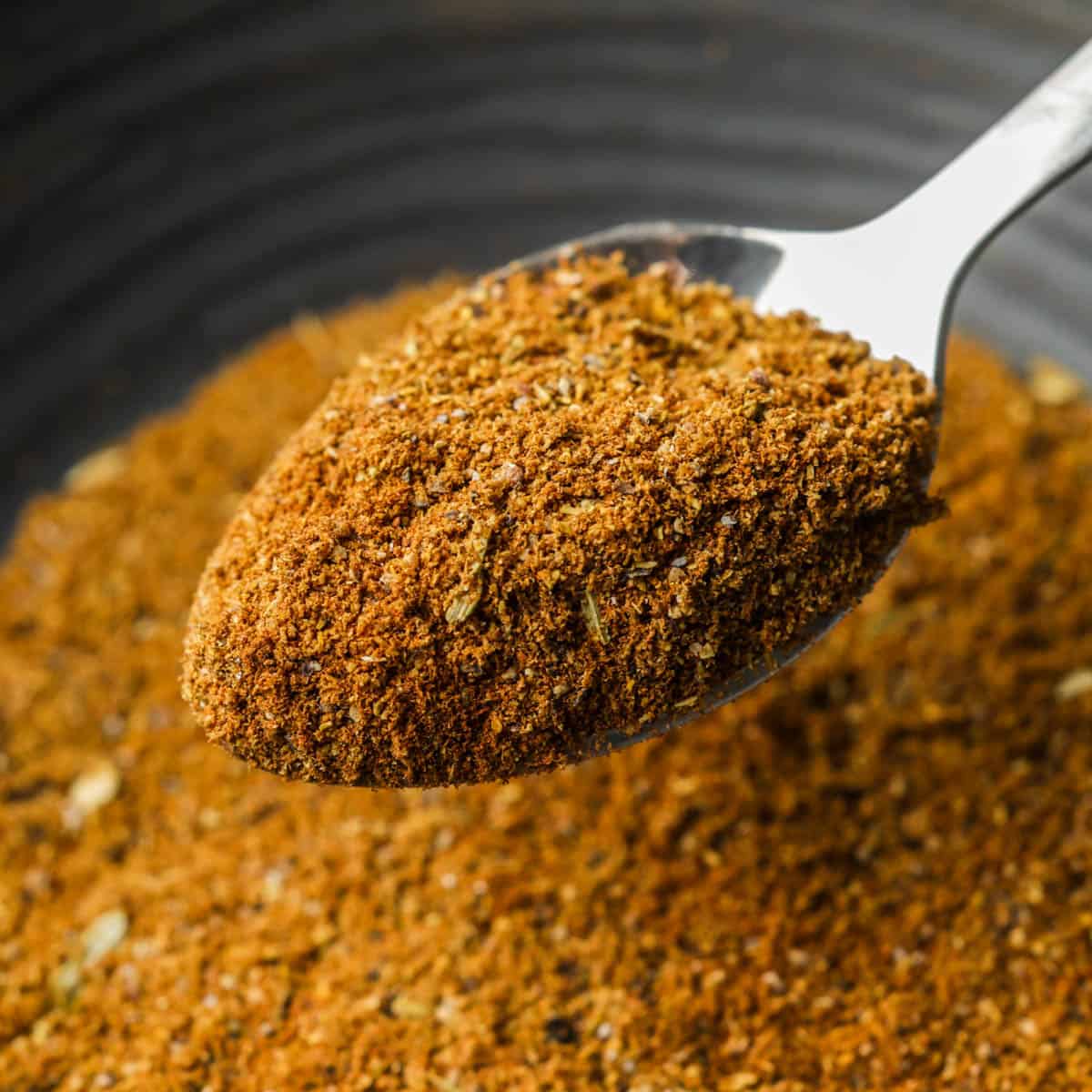
I love your recipes and the fact that I can print the recipe. I have used many of your recipes. Ann
I have a lot of garam masala right now, but I saved this to make when I run out. I love the stuff!